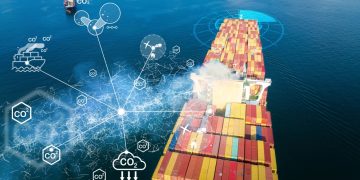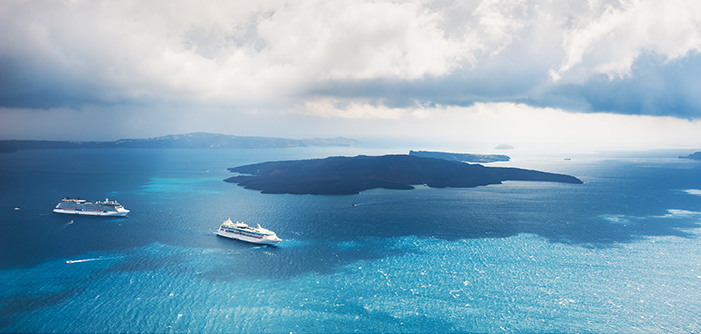At the G7 meeting of Environmental Ministers in Metz, France, on May 6, the Italian Minister Costa met with his French counterpart, De Rugy. Among the topics discussed, it was decided to conduct a joint initiative to get the declaration of a combined SECA and NECA for the entire Mediterranean Sea.
Environmental groups including NABU, Cittadini per l’aria and FNE welcomed the important step. The NGO network has called for a Mediterranean Emission Control Area since several years, while recently Spain spoke out in favour for an ECA at a conference in Madrid organized by the environmentalists’ network.
[smlsubform prepend=”GET THE SAFETY4SEA IN YOUR INBOX!” showname=false emailtxt=”” emailholder=”Enter your email address” showsubmit=true submittxt=”Submit” jsthanks=false thankyou=”Thank you for subscribing to our mailing list”]
The implementation of an ECA in the Mediterranean Sea could reduce emissions of SO2 and NOx from international shipping by 80% and 20%, respectively, in comparison to current legislation. Less air pollution concentrations will save 16,000 premature deaths and save up to 25 billion Euros in health costs.
Speaking on the occasion, Sönke Diesener Transport Policy Officer at NABU, stated:
We welcome Italy’s announcement to support the designation of an ECA in the Mediterranean Sea. Its time to act now and bring this on the agenda at IMO. The measure is beneficial for health, environment and climate and it is cost effective. There are no convincing arguments to stand against the ECA regulation, other countries must step up the plate
For her side Anna Gerometta, Presidente Cittadini per l’Aria, highlighted that this is good news for all people in the Mediterranean as it contains a timeframe and a meaningful event, namely the Naples Conference under the Barcelona Convention for the Protection of the Marine Environment and the Coastal Region of the Mediterranean.
Within this timeframe, she adds, all States in the Mediterranean basin will be able to show support for the protection of health of their citizens and the Mediterranean marine environment.
The citizens of Italian port cities have contributed to this result highlighting for years the unsustainable impact of shipping emissions in their home towns





























































